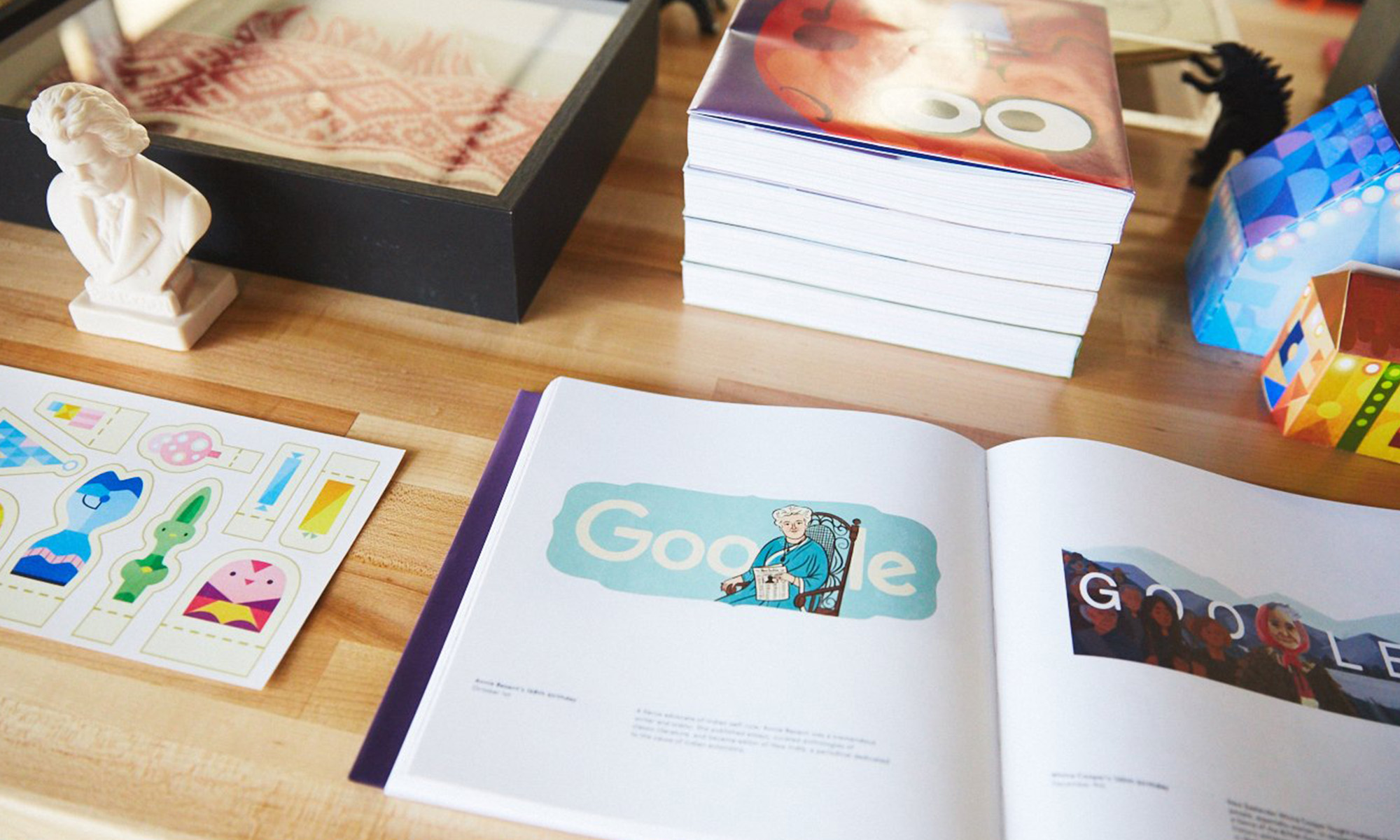What's faster than a speeding cable Internet connection, and able to leap between mobile computing and old-school TV in a single bound? If you ask Google (GOOG +0.60%), the answer's simple: lightning-fast fiber-optic Internet service.
As it stands, broad access to Google's service has been limited to the greater Kansas City area, so Fiber's been little more than an intriguing notion. But with news that Austin, Texas, is next up on Google Fiber's hit parade, the prospects are becoming intriguing that Google could build an entirely new source of revenue and turn the Internet industry upside down.
Austin, here we come
The official announcement that Fiber is coming to Austin was supposed to be a closely guarded secret, but that didn't last long. A local news outlet leaked the story a week ago that Google Fiber was going to be the subject of the joint press conference with Google and Austin Mayor Lee Leffingwell. Austin seems like a natural for Fiber, since it's widely viewed as a domestic hotbed of IT. Beginning in mid-2014, local residents will be able to choose Internet service for $70 a month, or $120 a month with Fiber TV service, at connection speeds 100 times faster than cable, according to Google.
With two new Fiber announcements in a matter of weeks -- the service is also expanding to Olathe, Kan. -- it appears Google Fiber is ramping up after its K.C.-area beta test. Though most industry insiders don't believe Google intends to take over the Internet connectivity market, Google CFO Patrick Pichette did say, "We really think that we should be making business -- a good business -- with this opportunity [Fiber], and we're going to continue to look at the possibility of expanding." Investors and Google shareholders should like the sound of that; more revenue streams mean less reliance on Internet advertising.
Cable companies must be scared, right?
Are cable Internet providers concerned about the threat posed by Google Fiber? If so, they aren't showing it yet. It's probably just a coincidence that my cable provider, Comcast (CMCSA 0.96%), recently offered to crank up my Internet connectivity speed at no charge. That's right -- a cable company opted to improve service without charging. Interesting.
Time Warner Cable (NYSE: TWC), Comcast, and Charter Communications (CHTR +0.33%), have all been on the other side of the Internet subscriber fence. Phone companies such as AT&T and Verizon began losing customers to these and other cable Internet providers some time ago, largely because of speed and connectivity issues. And now along comes Google Fiber with an alternative that blows the doors off anything Comcast, Time Warner, or Charter can offer, and often for the same or less money. If the cable industry isn't worried, it should be.
Not all the growth in cable companies' Internet customers comes from defections from the phone companies, but Internet continues to be a profitable area of growth in the industry. Charter saw an 8% jump in Internet customers in 2012 compared with the prior year. Time Warner Cable and Comcast also enjoyed substantial Internet growth last year, with annual revenues up 13.7% and 9.2% compared to 2011, respectively. With margins as high as 97% on cable Internet, according to a Bernstein analyst, these guys have a lot to lose if Google Fiber really takes off. And you can bet Google knows about those ridiculously high margins, too.
Google may be downplaying Fiber, at least in terms of how quickly it's chosen to roll the service out to mainstream America. As Charter, Time Warner Cable, and Comcast can attest, the opportunity for Google Fiber to become a significant source of alternative revenue can't be denied. And Google certainly has the wherewithal to invest in Fiber for the long haul, with more than $48 billion in cash and equivalents, and operating cash flow that's off the charts.
Fiber is going to change the way we connect to the Internet, and it's yet another example of why Google is close to an ideal growth stock. If it's not already, Google should be on your short list of investment options.








